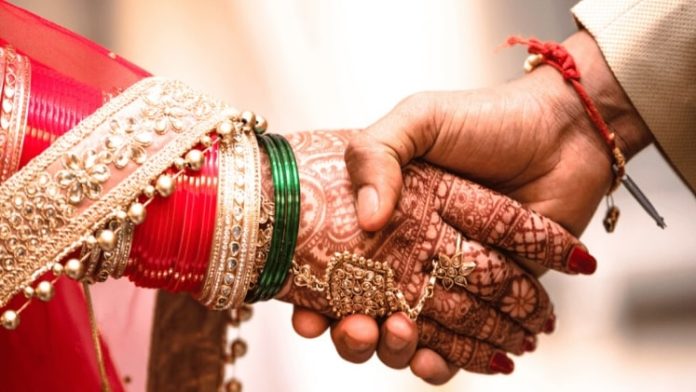This includes the necessary documents and witnesses, the procedure for getting married to an Indian outside India, as well as the issues that may arise from a court wedding. India’s Court Marriage procedure is quite simple.
What’s Court Marriage?
India’s Court Marriages differ from traditional marriages because they are performed in court without the need for a marriage officer. Court Marital is the solemnization of marriage between two persons who are legally married. Court Marriage is permitted according to the Special Marriage Act, 1954, which allows for:
Pre-requisites for a Court Marriage
Court Marriage rules and regulations outline the conditions one must fulfill in order to proceed with the Court Marriage process. These Court Marriage rules are also available under Section 4 (Special Marriage Act). Before entering into or signing the Civil Marriage Contract, the parties must comply with the Act’s essential conditions. These are the conditions:
No preexisting marriage: The male and female should not have a pre-existing relationship unless the former spouse is deceased or has obtained a divorce.
Prohibited levels of relationships: Parties to a marriage shouldn’t be related according to Schedule I of the Act.
Eligibility to Marry: Parties must be eligible to wed, i.e. of Court Marriage Age.
Documents necessary for a Court Marriage
The Court Marriage procedure requires that both the potential bride and groom provide the following documents.
Signed Marriage Application Form by the Bride and Groom
Receipt and payment of fees
Date of birth evidence of both bride and groom (Class 10th Certificate/Passport/Birth Certificate)
Residential address evidence(Aadhar Card/Voter Card/Ration Card/Driving Licence)
Each bride and groom must sign an Affidavit.
The Court Marriage affidavit must contain the following Court Marriage information
Date of birth
Marital status: Divorced, unmarried, or widowed
A statement stating that the parties have not been related to one another under prohibited degrees of relationships
2 passport-sized photographs of the bride & groom
In the case of a divorcee, a copy of the decree/order and in the case of a widow/widower, a sworn death certificate.
Who can testify to the Court Marriage?
Documents required by Court Marriage Witnesses The following documents must be provided by the witness for Court Marriage
The Marriage Officer must have the residential proof of the witness.
Also, the Witness must present a PAN card to the Marriage Officer.
Each witness to the marriage must have one passport-sized photo.
A photocopy of the identification document that is used to identify witnesses (e.g. Driving Licence, Aadhar card, etc.
Total time required for the Court Marriage procedure
The entire process for solemnizing a Court Marriage takes 30-60 days. The notice of intention is published. A 30-day period is allowed for objections to be raised by the Marriage Officer. If an objection is not raised within the 30 day period, an inquiry period is granted for the Marriage officer.
What is Court Marriage in India?
In India, the Court Marriage process can be divided into six steps.
Step 1: Notification of Intended Marriage
Step 2: Publication of Notice
Step 3: Objection to Marriage
Step 4: Declaration by Parties, Witnesses, and Witnesses
Step 5: Place and form of solemnization
Step 6: The Court Marriage Certificate is proof that a valid marriage declaration has been signed by the parties.

